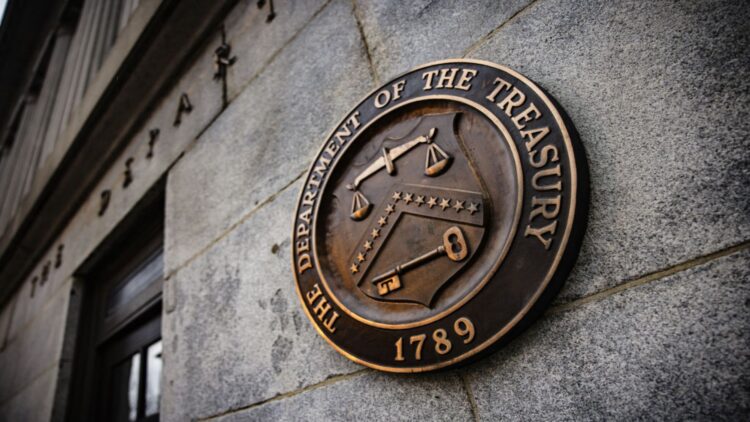The United States has officially ended production of the one-cent coin. However, experts advise checking pockets and wallets, as some rare coins can be worth thousands of dollars if they have special characteristics. After more than two centuries in circulation, production of the one-cent coin bearing Abraham Lincoln’s image has officially ceased.
Those who don’t typically pay in cash may not be affected
This November will now go down in history. The Philadelphia Mint officially marked the end of an era in the United States by producing the last batch of the iconic penny. The cessation of penny production came after the U.S. Treasury Department reported a loss of $85.3 million in 2024 after producing more than three billion pennies. Those who don’t typically pay in cash may not be affected; they might remember the coin fondly, but they won’t notice its impact on their daily lives.
Thus, after more than two centuries in circulation, the Abraham Lincoln penny is officially out of Americans’ wallets. The White House also supported this decision, as it represented an unnecessary expense. President Donald Trump justified the measure in February when he announced the “elimination” of “waste from our great national budget, even if it’s penny by penny,” BBC News recalled. And it’s true that, in addition to economic considerations, given the current climate, for some, coins can be a nuisance that ends up accumulating in an old wallet in a drawer they never open.
The world of collectors and auctions is vast
While cash isn’t used as much as it once was, that doesn’t diminish the historical importance of coins from all over the world. In this case, the penny was introduced into the American economy in 1793. The coin underwent redesigns, gaining particular significance in 1909 when Lincoln’s profile was added to commemorate the centennial of his birth. Because of the history of coins, people who keep coins in their wallets should consider checking their dimes, as they could be worth tens of thousands of dollars simply because they lack a distinctive mark. The world of collectors and auctions is vast, and if you’re unsure how much that old penny lying around at home is worth, it’s worth taking it to a pawn shop and asking its value.
In any case, as many suspect, the penny’s withdrawal will not immediately lead to its physical disappearance, according to the Federal Reserve Bank of Richmond. The news is that production will cease, but those already in circulation will remain so until they eventually disappear. Tens of millions will continue to circulate, accumulated in piggy banks or household storage. According to official data, the Treasury estimates that nearly 60% of all coins remain out of active circulation, and each American household holds between $60 and $90 in virtually inactive coins.
All of this has led to a debate about the continued relevance of lower denomination coins
According to a 2022 government analysis, approximately 300 billion cents remain in circulation. This brings to mind the anecdote that in the mid-1960s, the U.S. Mint began issuing 90% silver coins with a copper-nickel composition. These coins were supposed to bear the “S” mark, but some were mistakenly produced without it. Therefore, due to this error, if you possess an old dime missing the “S” mark today, it is considered valuable, according to Gainesville Coins.
Regarding errors like the missing ‘S’, Heritage Auctions stated that numismatists are aware of approximately two dozen examples of these 1968 dimes lacking the ‘S’ mark. In fact, the most recent sale of one of these 1975 dimes reportedly reached $456,000.
Ultimately, the reality is that this process of eliminating the penny is generating concern among businesses and banks, which acknowledge a shortage of coins and a lack of federal guidelines for the change. Some businesses are already opting to round up payments since they will run out of change. All of this has led to a debate about the continued relevance of lower denomination coins, especially given the current evolution of payment methods and digitalization.

